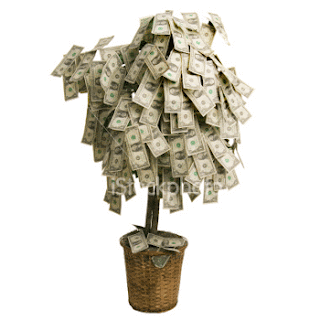The Coming Storm!
Monday, August 31, 2009
 So the world is beginning to think that it is all over and done with, that the financial crisis of 2008/9, which conjured up that of the 1930’s is waning and growth will soon return to the land. And for a while, I was thinking the same thing – and beginning to scare myself into believing what the politicians and biased TV pundits (analysts) have been saying. But not anymore.
So the world is beginning to think that it is all over and done with, that the financial crisis of 2008/9, which conjured up that of the 1930’s is waning and growth will soon return to the land. And for a while, I was thinking the same thing – and beginning to scare myself into believing what the politicians and biased TV pundits (analysts) have been saying. But not anymore.Rumor has it that we all should be on the lookout for something that I warned about several months back – and the rumors are coming out of the Federal Reserve in the US and Bank of England as well.
It seems as if much work is being done (behind the scenes so as not to cause an alarm), to stave off a commercial real-estate meltdown, which resulted from the drop in property prices coupled with lack of capital and consumer spending.
Their efforts could quite possibly be thwarted by a large spike in foreclosure rates in the US and England. Many of these properties had mortgages on them that were a part of the Wall Street derivatives market – the same sort of investment tool that many credit with causing this crisis to begin with, but on a much grander scale.
According to the Wall Street Journal, $700 Billion worth of these commercial mortgage backed securities are in serious trouble – and a collapse of them would cost close to five times that number to manage.
The effect that this would have on Forex trading is profound as just as the economy seems to have recovered from the tsunami, the aftershock comes and sets back all that has been done.
The US Dollar and British Pound are very vulnerable, especially since they have spent so much time and effort playing down the amount of damage being done – while all along the crack was actually getting wider and spreading.
Not only could a meltdown in this sector, which is inching closer to reality, harm the economies – it will adversely affect the currencies in the Forex market, as governments spend more money they do not have to fix it.










